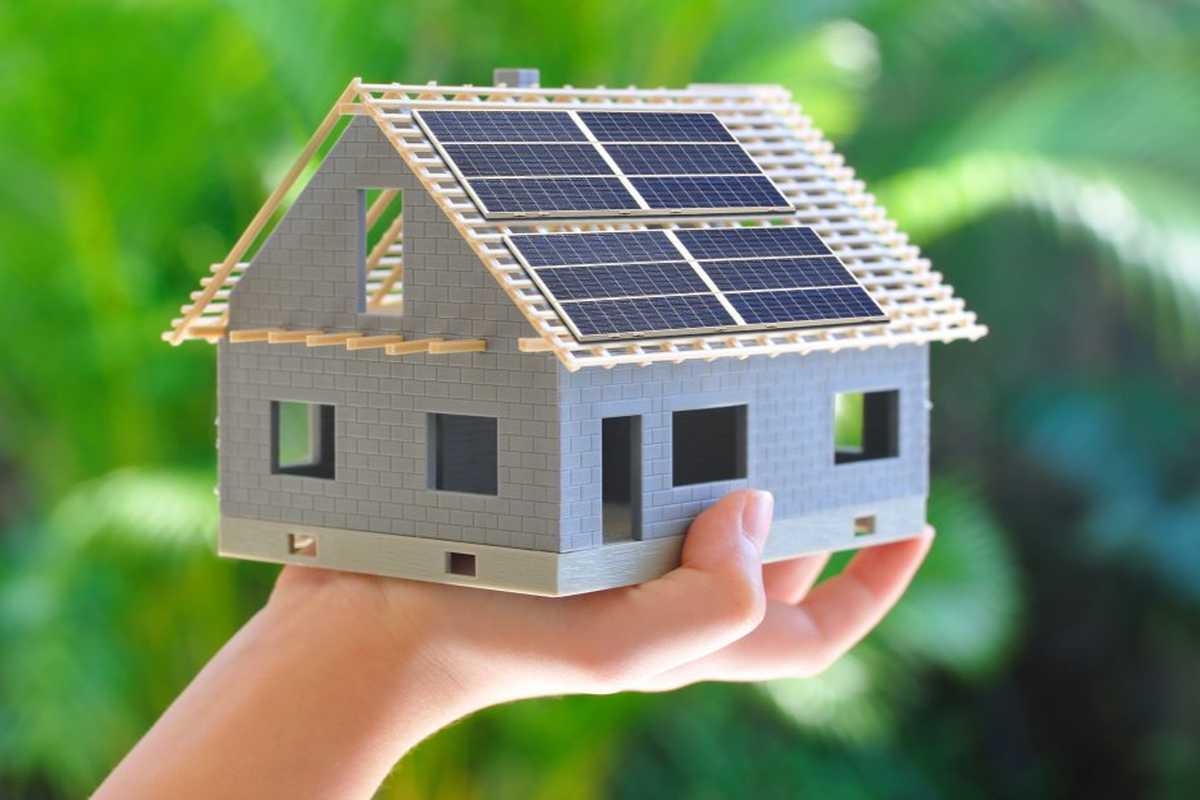5 Technical Requirements You Need to Know for a Successful Solar Installation
Solar power is an eco-friendly choice that will help you significantly lower your carbon footprint. Additionally, solar equipment typically requires minimal maintenance and cleaning.
Once you’ve made the initial investment in solar installation, you’ll likely see a reduction in your energy bills, making it a cost-effective decision in the long run.
That said, if you’re considering solar power, you might be curious about whether your property is suitable for a solar installation and what the process entails. Factors like the amount of sunlight your property receives, the condition and orientation of your roof, and local regulations are important considerations.
If you’re completely new to this endeavor, here are the necessary technical requirements you should know about:
Your Type of Roof
Solar panel installations are typically mounted on the roof as this location generally receives the most sunlight throughout the day.
In line with that, the most suitable roofs for solar installations are those made from durable materials like asphalt, concrete, or metal. Before you start, you should first make sure that your roof is in excellent condition – a leaking or unstable roof can pose significant challenges for a solar setup.
Another important consideration is the age of your roof. Ideally, your roof should be relatively new. If you anticipate needing a roof replacement soon, it might be wise to complete that before installing solar panels.
This is because installing solar panels on an older roof can lead to additional costs and complications if you need to remove and reinstall them during a roof replacement.
If you’re uncertain about your roof’s suitability for a solar installation, it’s a good idea to consult with your solar contractor. They can assess your roof and advise you on whether it meets the technical requirements for a successful solar panel installation.
The Type of Solar Equipment that You Need
The availability of solar equipment for both residential and commercial customers is greater now than ever before, with a diverse range of solar installation options on the market. This variety can make it challenging to determine the most suitable solar solution for your property.
Instead of navigating this choice alone, consulting with an experienced solar contractor is a wise decision. They can provide expert guidance tailored to your specific needs, ensuring you invest in high-quality equipment that aligns with your energy requirements and property characteristics.
By seeking professional advice, you can be confident that your solar investment is not only of top quality but also perfectly matched to your unique needs.
The Amount of Sunlight Your House Needs
When considering solar installation, it’s only natural to question whether your home receives enough sunlight to justify the investment.
A straightforward way to gauge this is by taking a walk around your property to check for significant shading issues. This can help you spot any large trees that might need trimming or removal to enhance sunlight access.
Typically, homes without major shading receive sufficient sunlight to greatly reduce or even completely offset their electricity bills. If your property is on a larger lot, there are additional options like ground-mounted solar arrays or solar carports.
These not only generate power for your house but can also provide shaded parking or outdoor space.
If you don’t have obvious shading issues, like a large tree close to your house, it’s likely that your home gets plenty of sun. However, for a precise evaluation, a solar consultant can conduct a detailed assessment of your property’s solar potential. They can offer expert advice on how to maximize solar energy based on the specific conditions of your home.
The Building Codes in Your Area
Solar installations are subject to specific regulations and standards, which typically include adherence to the International Residential Code (for homes) or the International Building Code (for non-residential buildings).
The key considerations for a compliant installation include the following:
- Following Manufacturer’s Instructions – Solar equipment must be installed according to the manufacturer’s guidelines to ensure safety and effectiveness.
- Roof Suitability – The roof on which the solar panels are installed must be structurally capable of supporting the weight and stress of the equipment.
- Non-Combustibility – The solar installation must not pose a fire risk, hence the importance of non-combustible materials and safe design.
To guarantee that these technical and safety standards are met, we highly recommend opting for installation by an experienced solar contractor. DIY installation of solar panels carries the risk of improper setup, which can potentially lead to safety hazards or violations of building codes.
Professional installers not only have the necessary expertise and tools but also understand the legal and technical requirements for a compliant and safe solar setup.
The Size of the Solar Installation
Lastly, you have to consider the appropriate size for your solar installation. This is influenced by several key factors, including the size of your household, your energy consumption, and the amount of daily sunlight your property receives.
It’s important to find a balance – the system should be large enough to meet your energy needs without being so oversized that it generates more power than you can utilize.
The minimum size for a residential solar system is typically around 1.2 kilowatts (kW). In Arizona, most homes don’t exceed an annual energy usage of 11,000 kWh (kilowatt-hours).
To determine the ideal size for your solar installation, a solar contractor can conduct a thorough analysis of your household’s power consumption and match it with the solar potential of your property. This tailored approach ensures your solar system is perfectly calibrated to provide sufficient power for your home’s specific energy requirements.

Leave a Reply